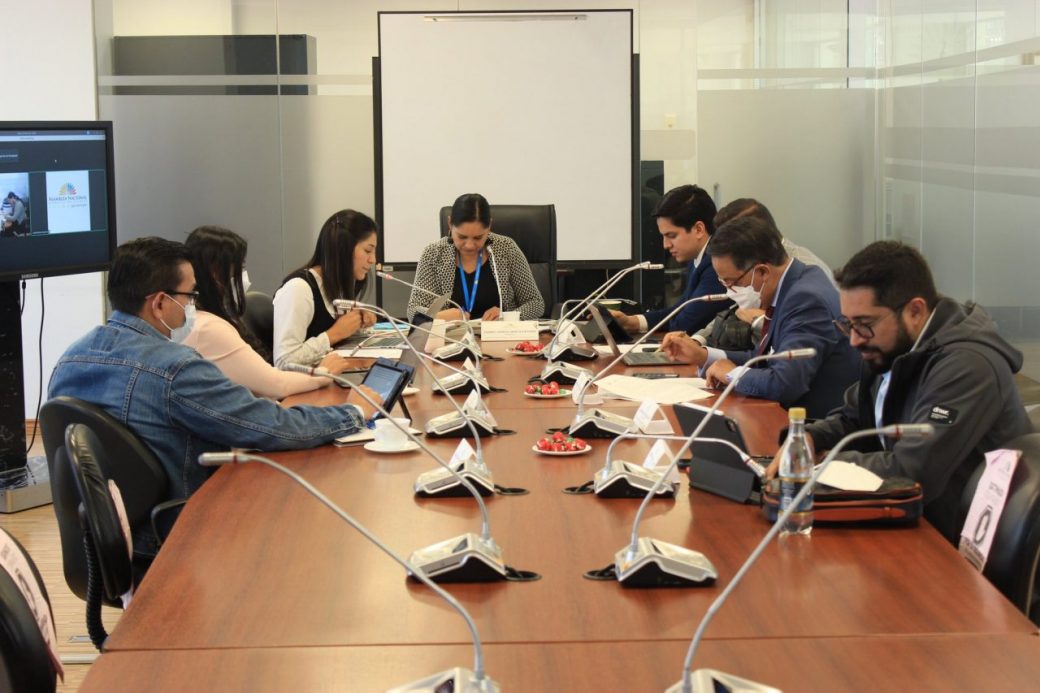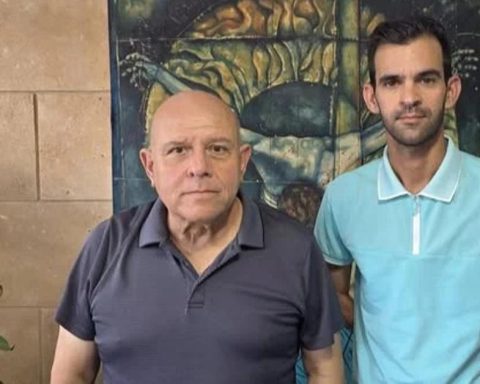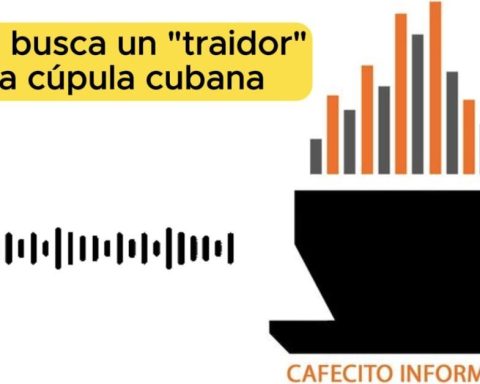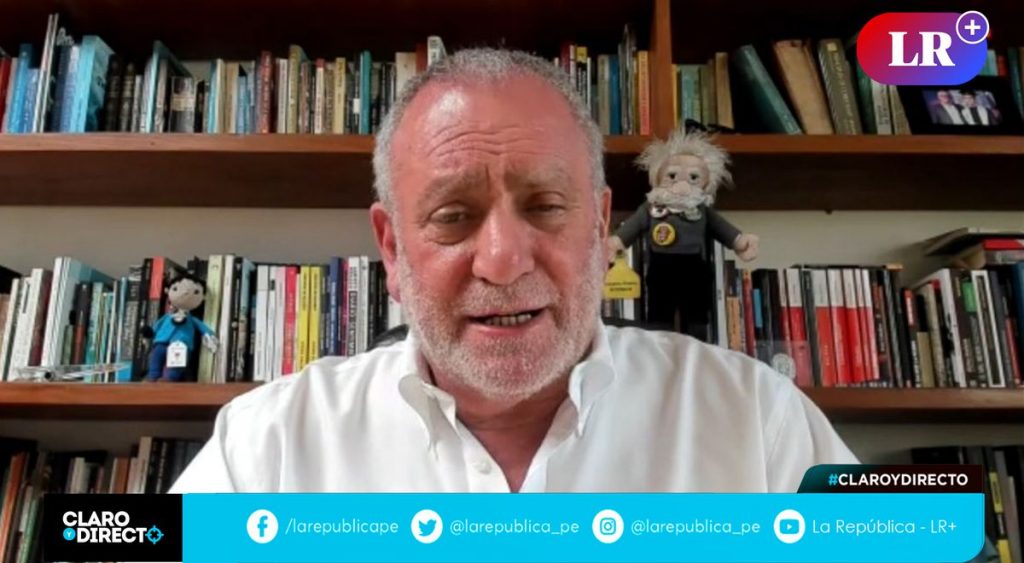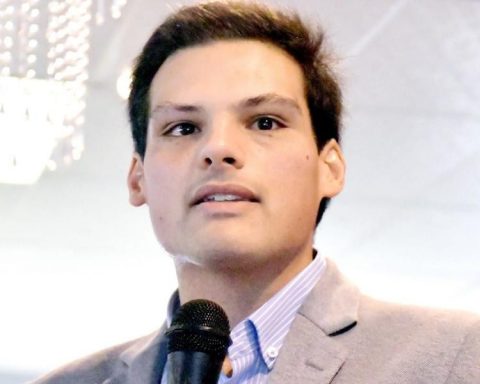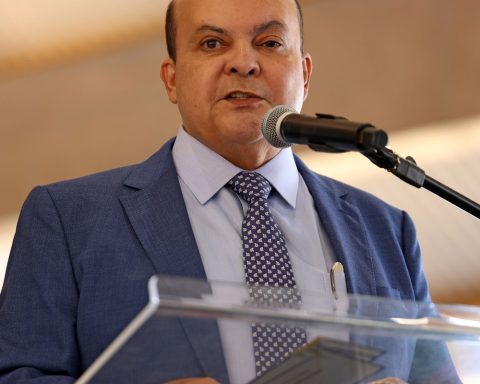Assignment of the tax reform project to the Economic Development Commission raises suspicions. The Assembly defends the decision.
On November 2, 2021, the Legislative Administration Council (CAL) qualified the Organic Law Project for Economic Development and Fiscal Sustainability (tax reform), as well as the Pro forma Budgetary 2022.
The first document was sent to the Economic Development Commission, led by Assemblyman Daniel Noboa Azín (INDP), and the second to the Economic Regime Commission, chaired by Mireya Pazmiño (PK). This division has been observed.
Article 21 of the Organic Law of the Legislative Function establishes that the competences of the Economic and Tax Regime Commission and its Regulation and Control are “matters and legislative initiatives of macroeconomic policy in its fiscal, budgetary, tax, customs, monetary, financial, insurance and securities ”. For this reason, traditionally, this legislative entity has been in charge of analyzing both tax (tributary) and budgetary issues.
For this reason, there are voices that point out that both proposals fell in their area. According to the constitutional lawyer, André Benavides, the Assembly he would be acting without knowledge. Benavides is one of those who argue that the Economic Regime Commission should know both Projects.
“That National Assembly, for a matter of political calculation, decide to send the Projects of law where it will eventually have greater viability, is another matter, but what it is doing is violating what article 21 of the LOFL indicates, ”says the lawyer.
Benavides highlights that the reforms to the LOFL that were carried out in 2020 to avoid this type of event are also being ignored.
“So, here there is a violation of articles 21 and 23 of the LOFL, which establishes the integration of permanent specialized commissions,” explains Benavides.
However, the vice president of the Economic Development Commission, Wilma Andrade (ID), comments that the CAL’s decision to send the Projects It was appropriate to different committees because this way it will allow the treatment of two issues divided into two committees that are in charge of economic issues.
“If the mechanism were only through what article 23 of the LOFL says, there would not be the CAL or the composition of all the benches and representatives of the Assembly to decide how the management of the laws is administered in a more adequate way, ”says Andrade, who assures that the CAL has the competence and majority decision to assign to the commissions that will be in charge of the discussion of the laws.
In Benavides’s discretion, this designation of Projects It was done for a matter not only political but also practical, so as not to accumulate work for a single commission. In addition, consider that Urgent Economic Law it has a better chance of being approved as sent by the Executive if it comes from the Economic Development Commission made up, in its majority, by independent assembly members and the BAN.
Scenarios
Sending the two Projects at two different commissions can generate three scenarios:
- That it be feasible and they are processed for the first and second debate.
- The members of the Economic Development Commission could point out that it is not their competence to treat this law and that it be sent to the Economic Regime.
- That the Economic Development Commission be late in sending the reports and pave the way for it to pass through the Ministry of Law.
Despite the latter, the members of the Economic Development Commission would not have the intention of contesting the arrival of the tax reform to your table, because it would allow efforts to be concentrated in a separate, practical and specialized way.
In addition, they consider that the treatment and approval of the Organic Law for Economic Development and Fiscal Sustainability, by the Economic Development Commission, would have a positive vision since, according to the vice president of this body, 2 to 3 sessions will be held at day that allow the voices of those affected and beneficiaries of the law to have a space for discussion at the legislative table.
In accordance with the constitutional deadlines, the tax reform and the Pro forma Budgetary must be treated in 30 days.
“It will be hard work, but responsible. We are going to guarantee that the time for the treatment of this law is complied with. For this, tomorrow (November 4) the session of the Economic Development Commission is called, at 11:00, in which we will focus on the knowledge of this draft«, Andrade stressed and explained that within this draft there are topics that are “very beneficial and do not merit any debate” such as the elimination of the 2% tax for microentrepreneurs and entrepreneurs. (MFU)
IT MAY INTEREST YOU:
Diesel without subsidy would cause an additional expense of $ 2.45 in the basic basket
A slow justice traps the trials
Lasso: «Correa handed over part of the country to drug trafficking
